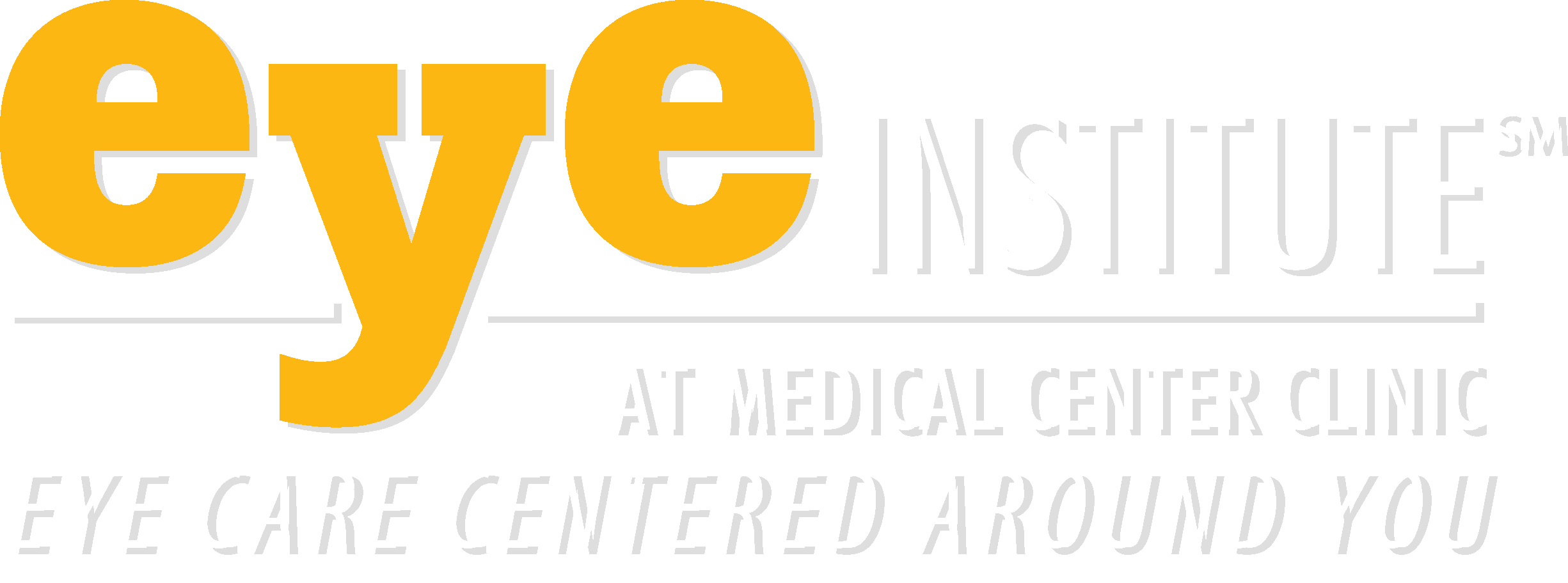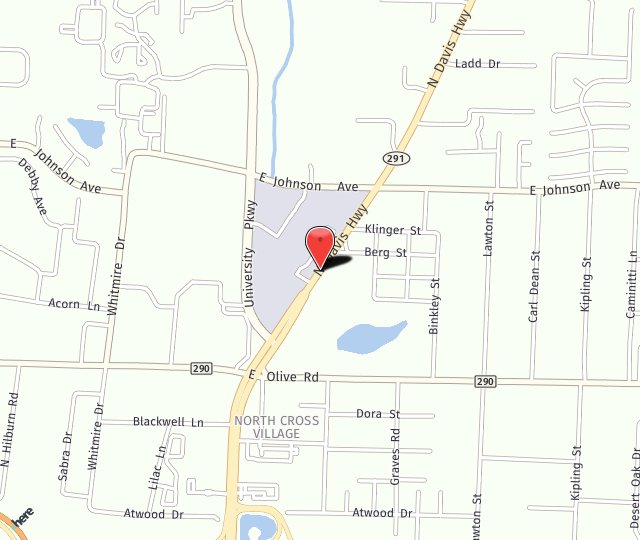Vision Correction FAQs
FAQs
Isn’t all laser vision correction the same?
Will I have 20/20 vision following laser vision correction?
Is laser vision correction safe?
There are possible risks with any surgical procedure. Serious complications with LASIK or PRK are extremely rare. The chance of having a vision-reducing complication from LASIK has been documented in clinical studies to be less than one percent. Many of the risks and complications associated with this procedure can be reduced or eliminated through careful patient selection and thorough pre-operative testing using the latest diagnostic technology.
After laser vision correction, you may experience some visual side effects. These are usually mild and most often diminish over a few days to a few weeks. But there is a slight chance that some of these side effects won’t go away completely, such as feelings of dryness, glare and halos. If after a thorough examination we decide you are a good candidate for laser vision correction at our Pensacola eye clinic, you will be given additional information about the procedure that will allow you to make an informed decision about whether to proceed. Be sure you have all your questions answered to your satisfaction. If you would like additional information about risks and complications now, you may download our ‘consent for surgery’ form by going to Patient Forms.
Has anyone ever gone blind because of LASIK?
What about nighttime side-effects?
You have probably seen news stories about people having difficulty driving at night after refractive surgery. Nighttime side-effects may include halos, starbursts, and glare around lights and blurry vision. Some of these can be caused by overcorrection,undercorrection, or residual astigmatism. These effects usually diminish as the eye heals in the first three to six months. Sometimes additional touch-up (enhancement) procedures will be recommended.
Another possible cause of nighttime side-effects is pupil size. At night, the pupil expands to let in more light. Light coming through the peripheral cornea may be out of focus if the pupil opens beyond the laser treatment area. This is why some patients are not good candidates for LASIK if they have very large pupils. However, our advanced laser technology has expanded treatment zones and patients that were at one time not candidates for LASIK because they had large pupils, can now be treated. PRK and LASEK may also be better procedures for patients with wide pupils.
Does LASIK cause dry eye?
Following a LASIK procedure, every patient has temporary dry eye, which can be treated most often with artificial tears. This dry eye sensation usually clears up in eight to 12 weeks except in rare cases, where it may take longer.
Patients with pre-existing dry eye may not be good candidates for LASIK, but may be candidates for PRK or LASEK. If you have dry eye, you should discuss it with your doctor at your pre-op examination. Tests can often diagnose dry eye but it is still somewhat difficult to predict who will experience significant dry eye following LASIK. A thorough evaluation of your current medications, medical history and work environment should all be taken into account.
What keeps the flap in position?
Will it hurt?
Will both eyes be corrected on the same day?
How long does the procedure take?
Do I need to take time off work?
Do I have to go without my contacts before having laser vision correction?
How old do I have to be for laser vision correction?
Can I have laser vision correction while I am pregnant or trying to conceive?
How long will the results of the surgery last?
If I choose to have monovision, does that mean I’ll never need reading glasses?
How much should I pay for laser vision correction?
The cost of vision correction varies among practices, based on surgeon experience and what the center includes in the fee. We are not the least expensive providers because we never sacrifice safety to save you money. We have invested heavily in advanced laser technology and our diagnostic technology is second to none. This investment is extremely important to surgical results and our patients tell us they can see the difference. We encourage you to visit other laser centers and compare. Please download our “How to choose a laser vision provider” form, found in Patient Forms.
It’s only natural to want to get the best price, but remember, quality and service are extremely important when it comes to medical care. After all, laser vision correction is a procedure you’ll have only once in your lifetime and your vision is one of your most important assets. The best way to find out exactly what your price will be is to come in for an exam. After a comprehensive evaluation to determine what procedures you’re a candidate for and what degree of correction you need, we’ll be able to give you a specific price.
Will my insurance cover my procedure?
A few insurance companies do pay for all or part of vision correction procedures. You can check with your plan administrator. Many people have medical flex plans they use to save up to 50 percent on their procedure by using pre-tax dollars. Your employer’s human resources department can tell you whether you have this benefit. Vision correction also may be tax deductible as a medical expense (check with your financial advisor).
We also accept cash, Visa, MasterCard, Discover and AMEX.

